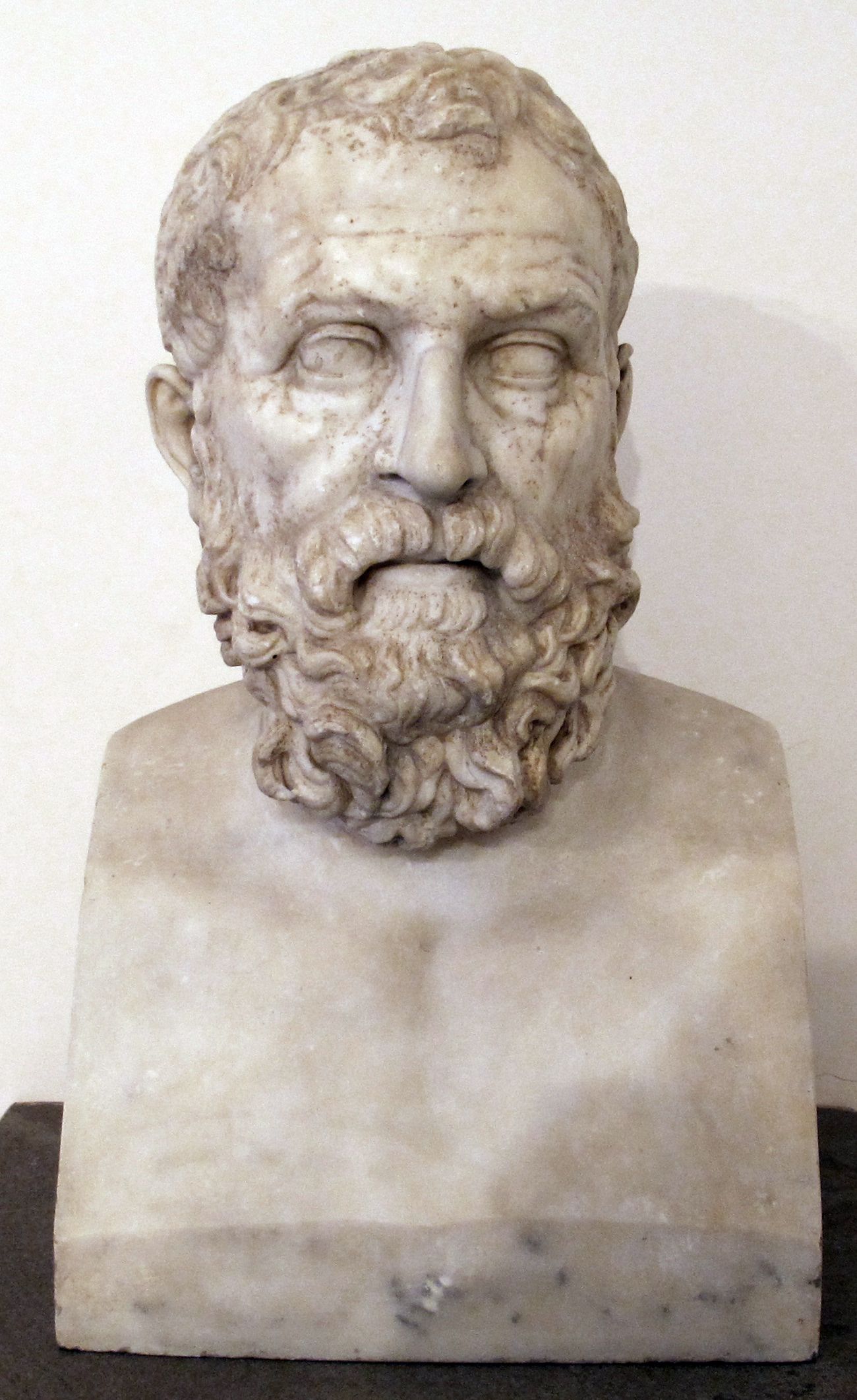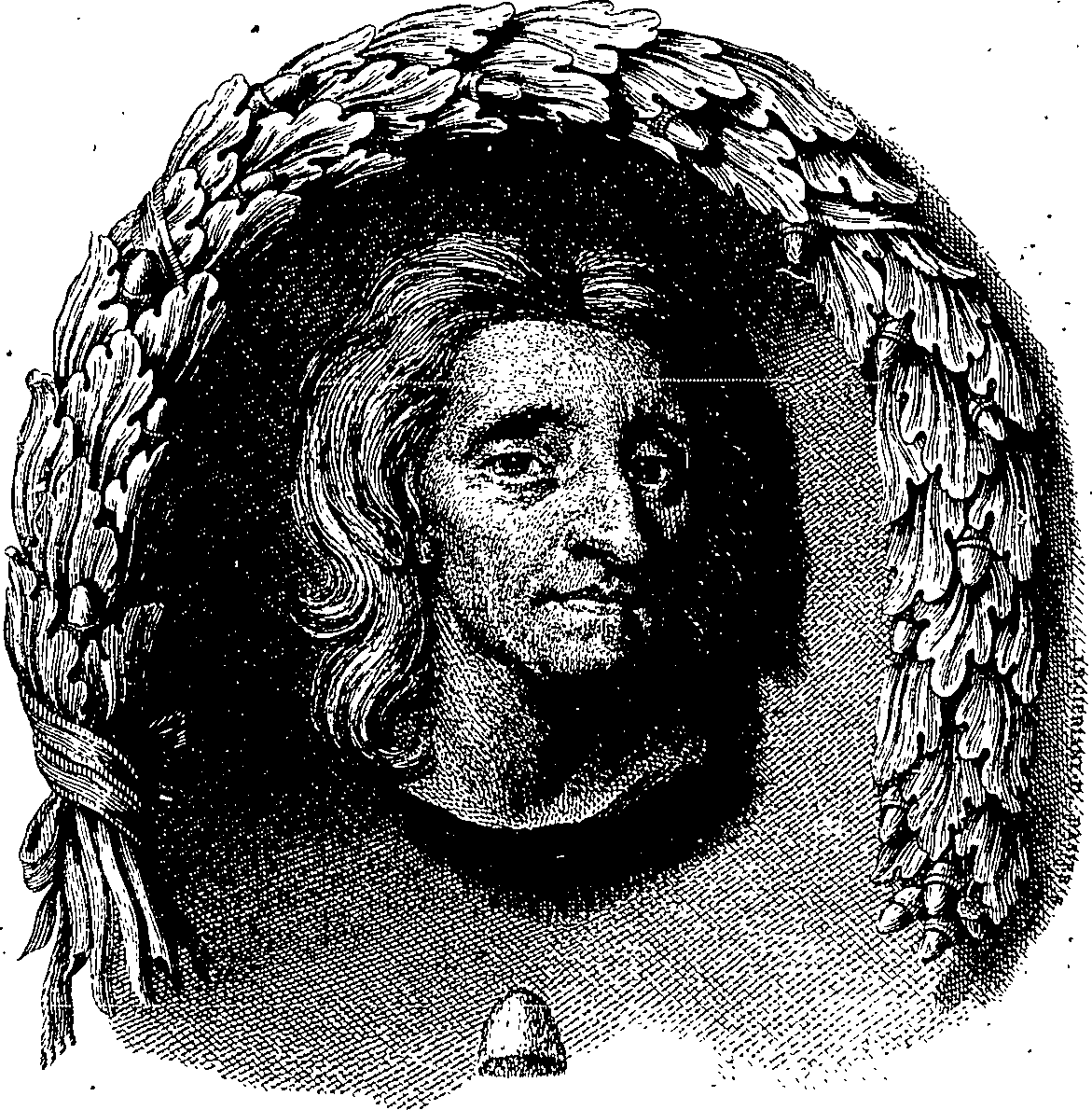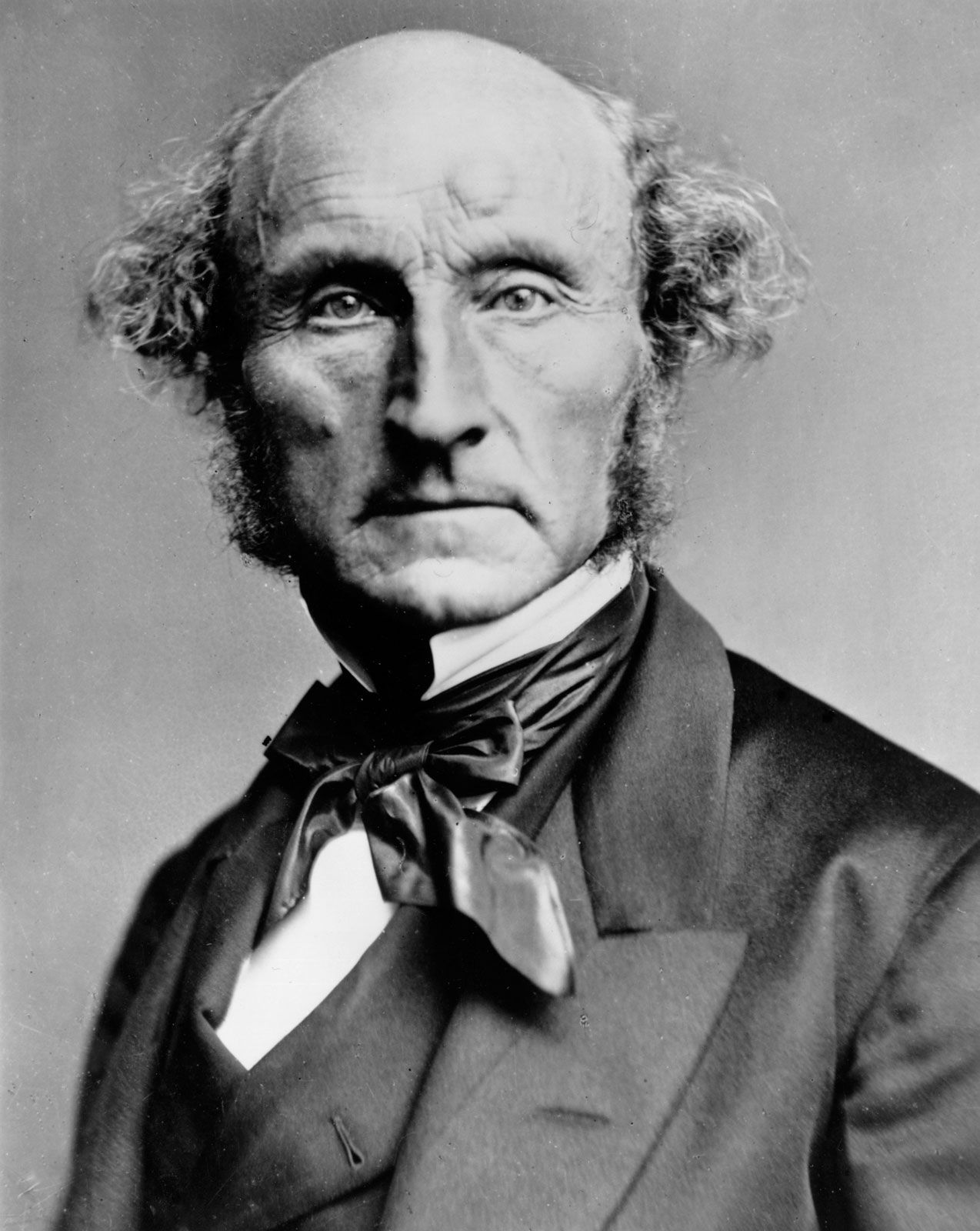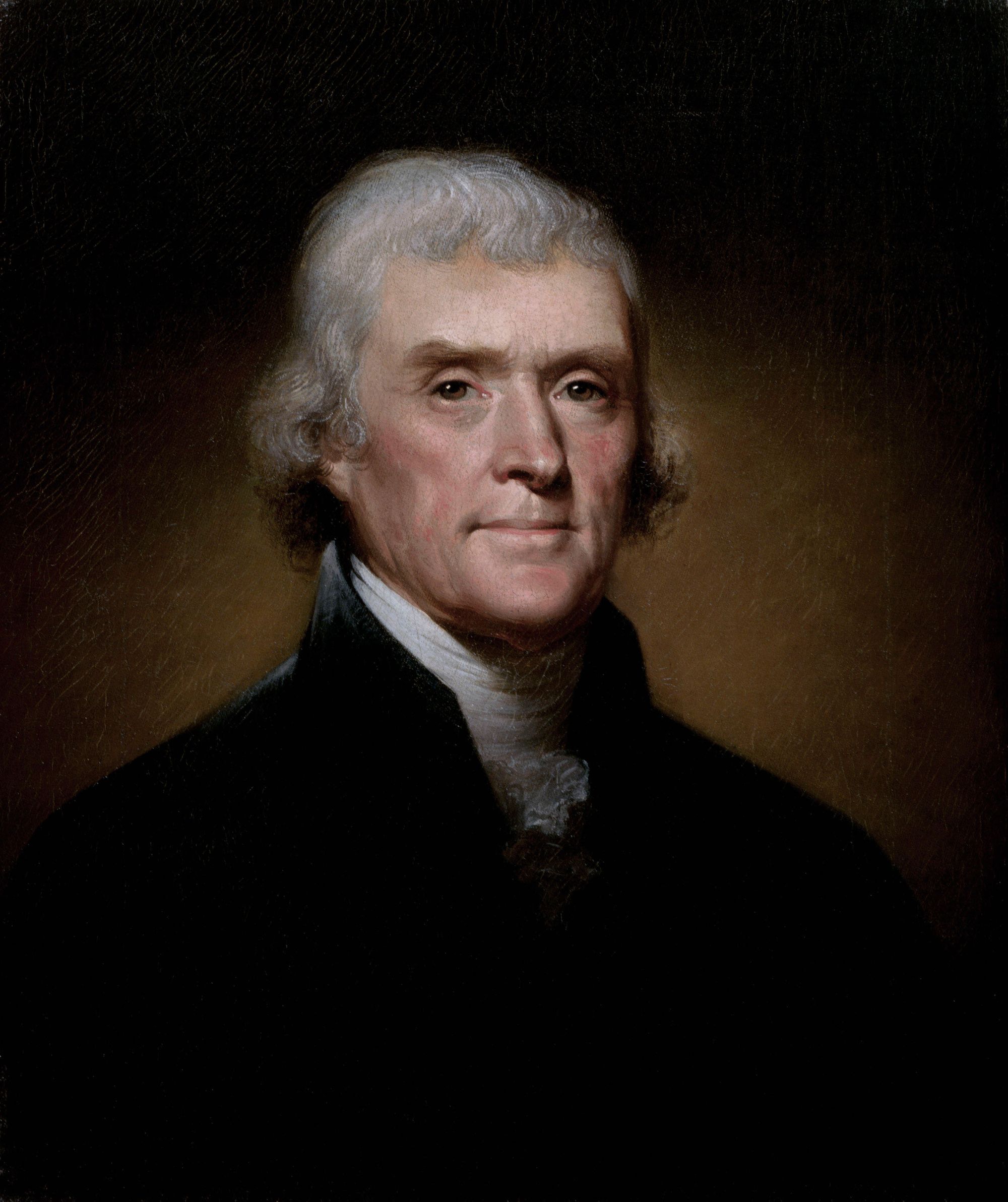Deep dive into democracy. How it started, core values and principles, and why we still need it
Discover the birth and core values of democracy, along with key democratic principles that lay the foundations of this system.

Through the democratic reforms introduced by the likes of Solon and the influential role played by Cleisthenes, we can understand the history behind the establishment of a government of the people, by the people, and for the people.
government of the people, by the people, and for the people.
When did democracy begin?

The roots of democracy can be traced back to ancient Athens, where the citizens, though limited in number, played a crucial role in shaping the political landscape.
One of the pivotal figures in this journey was Solon, an Athenian statesman and lawmaker.
Solon was renowned for his democratic reforms, which sought to address the deep-rooted social inequalities prevalent in Athens.
By introducing a series of laws that enabled greater citizen participation in the political process, Solon laid the foundation for a more inclusive and participatory governance system.
His reforms included the right to vote for all free-born male Athenians and the creation of a council of citizens, known as the Boule, to assist in decision-making.
The impact of Cleisthenes

However, it was Cleisthenes who truly revolutionized the political structure of Athens.
Recognizing the limitations of Solon's reforms, Cleisthenes implemented radical changes that paved the way for a more egalitarian society.
He sought to break the influence of the aristocracy and established a system of government based on the principles of equal representation and random allotment.
This system, known as demokratia, provided every citizen with the opportunity to participate in the governance process regardless of wealth or social status.
Under Cleisthenes' democratic reforms, Athens introduced the concept of ostracism, a practice that allowed citizens to vote for the temporary banishment of influential individuals deemed a threat to the democratic order.
This process aimed to maintain a balance of power and prevent any one person from gaining excessive control over the government.
The impact of these democratic reforms was wide-reaching. They not only fostered increased political engagement among the citizens of Athens but also contributed to the growth of an enlightened society that valued equality, debate, and the pursuit of public interest.
The Influence of Philosophers on Democratic Ideals
When examining the origins of democratic ideals, it becomes evident that several influential philosophers have played a vital role in shaping the foundation of democratic systems.
Let's take a closer look at the contributions of John Locke, Jean-Jacques Rousseau, Montesquieu, John Stuart Mill, and Thomas Jefferson.
John Locke

John Locke, a prominent English philosopher from the 17th century, articulated the concept of natural rights and social contract, which greatly influenced the notion of individual freedom and government by consent.
According to Locke, individuals possess inherent rights, such as life, liberty, and property, that cannot be limited or taken away without their consent.
He argued that governments are established to protect these rights and that they derive their power from the consent of the governed.
This idea of individual freedom and the importance of consent laid the groundwork for democratic principles.
Jean-Jacques Rousseau

Jean-Jacques Rousseau, an influential thinker of the 18th century, introduced the idea of the general will and direct democracy, which had a profound impact on the concept of popular sovereignty and citizen participation in decision-making processes.
Rousseau believed that the general will, representing the collective interests of the people, should serve as the guiding principle for governance.
He advocated for direct democracy, where citizens actively participate in making laws and policies, emphasizing the importance of citizens' involvement in the functioning of a just society.
Montesquieu

Montesquieu, a French philosopher of the Enlightenment era, put forth the theory of separation of powers.
He argued that dividing political authority among different branches of government, namely the executive, legislative, and judicial branches, would prevent the accumulation of excessive power in the hands of a single entity.
This theory shaped the understanding of checks and balances as essential for safeguarding democratic systems.
By dividing powers and enabling each branch to act as a check on the others, Montesquieu's ideas aimed to uphold the principles of fairness, accountability, and the prevention of tyranny.
John Stuart Mill

John Stuart Mill, a 19th-century English philosopher and political economist, made significant contributions to the protection of individual liberty and freedom of speech, which are crucial aspects of democratic societies.
Mill argued that society benefits from the free exchange and diversity of opinions and that the liberty to express oneself is fundamental for personal development and the progress of society as a whole.
His advocacy for the protection of minority rights and the value of diverse opinions became cornerstones for democratic ideals.
Thomas Jefferson

Thomas Jefferson, one of the founding fathers of the United States, played a pivotal role in establishing the philosophical basis for democratic ideals in the country.
Jefferson's belief in inalienable rights, as expressed in the Declaration of Independence, laid the foundation for the protection of individual liberties and equality.
His influential words, proclaiming that all individuals are endowed with certain unalienable rights, including life, liberty, and the pursuit of happiness, resonated with the principles of democracy and inspired generations of Americans.
5 Core Values of Democratic Foundations

1. Commitment to equality
One of the fundamental principles that underpin democratic foundations is the unwavering commitment to equality.
In a democratic society, the concept of equality is at the forefront, emphasizing equal rights and opportunities for all citizens, regardless of their background or social status.
2. Individual liberty
Another crucial value in a democracy is individual liberty.
Democracy upholds the idea that individuals should have the freedom to express their opinions, pursue their own interests, and make choices that are not harmful to others.
This inherent liberty enables citizens to actively participate in shaping the society they live in.
3. Justice
Justice is also a fundamental value that democracies value.
It entails the fair and impartial treatment of all individuals under the law, ensuring that no one is above it.
A just society strives to provide equal protection and opportunities for all its citizens, irrespective of their race, gender, religion, or socioeconomic status.
4. Tolerance
The democratic foundations highlight the significance of tolerance among its citizens.
Democracy fosters an inclusive and pluralistic society by promoting respect and acceptance of diverse viewpoints and lifestyles.
It encourages dialogue and understanding, fostering a spirit of unity amidst diversity.
5. Transparency
Lastly, transparency serves as a cornerstone in democratic governance.
Openness in government decision-making and transparency in public affairs help build trust between the government and its citizens.
This transparency allows citizens to hold their elected officials accountable, ensuring that the government works in the best interests of the people.
These core values of democracy work in harmony to establish a system that respects and protects the rights and freedoms of its citizens, giving them the power to actively participate and shape the future of their society.
5 Key Democratic Principles
In addition to democratic core values there are also 5 key principles that are build on these values.
1. Popular sovereignty
Popular sovereignty is a principle that emphasizes the ultimate source of political power lying with the people.
This means that individuals have the right to govern themselves and collectively make decisions that shape their society.
2. Equality and justice
Equality and justice are central tenets of democracy.
It is the belief that all individuals are equal and should have equal rights and opportunities under the law.
This principle ensures that everyone is treated fairly and that discrimination based on race, gender, religion, or any other factor is prohibited.
3. The rule of law
The rule of law is another crucial democratic principle that ensures fairness and order in society.
It means that all individuals, including government officials, are subject to and accountable to the law.
This principle prevents the abuse of power and ensures that everyone is held accountable for their actions.
4. Individual rights and freedoms
Respecting individual rights and freedoms is a cornerstone of democracy.
Democratic societies prioritize the protection and respect for individual liberties, such as freedom of speech, religion, and assembly.
These rights allow individuals to express their ideas, engage in peaceful protests, and practice their chosen faith without fear of persecution.
5. Separation of powers
To prevent the concentration of power, democracies embrace the principle of separation of powers. This involves dividing governmental powers among three branches: the executive, legislative, and judiciary.
The executive branch is responsible for implementing and enforcing laws, the legislative branch creates laws, and the judiciary interprets and applies laws. By separating powers, democracies prevent any single entity from becoming too powerful and ensure a system of checks and balances.
The Role of Citizen Participation in Democracy

Citizen participation is a fundamental aspect of a healthy democratic society.
It empowers individuals to have a say in the decision-making process, ensuring that governance reflects the interests and needs of the people.
Active citizen participation leads to a more informed and engaged population, which in turn contributes to better policy outcomes.
When citizens are actively involved in the decision-making process, they bring diverse perspectives, expertise, and insights that can result in more well-rounded and effective policies.
Increased citizen participation also has a profound impact on the overall governance of a country.
When citizens are actively engaged, it fosters trust and legitimacy in democratic institutions. They feel that their voices are being heard and that their concerns matter, which enhances the accountability and transparency of those in power.
This, in turn, strengthens the democratic process and ensures that decisions are made in the best interest of the people.
There are numerous forms of citizen participation in a democracy, each playing a vital role in shaping the political landscape.
- The most common form is voting in elections, as it allows citizens to directly influence the composition of their government.
- Additionally, attending public meetings, participating in demonstrations, and engaging in grassroots activism are also important avenues for citizens to voice their opinions and influence public policy.
- Joining advocacy groups, whether focused on specific issues or broader causes, enables individuals to collectively work towards common goals and advocate for change.
- Contacting elected representatives and providing feedback on government initiatives are powerful ways to hold decision-makers accountable and ensure that citizen interests are taken into account.
The Importance of Checks and Balances in Democratic Systems
In democratic systems, checks and balances play a crucial role in preventing the concentration of power and safeguarding against the abuse of authority.
This concept originated from the ideas of Montesquieu, an influential philosopher of the Enlightenment period, who recognized the need for a system that would ensure accountability and transparency within a government.
Checks and balances serve as a system of oversight within a democracy, providing mechanisms to limit the power of each branch of government and promoting the common good.
By establishing separate branches of government with different responsibilities - such as the executive, legislative, and judicial branches - checks and balances distribute power and authority.
Each branch has the ability to check the actions and decisions of the other branches, preventing any one branch from becoming too powerful.
This system of checks and balances ensures that government officials act in the best interest of the people, rather than pursuing personal agendas or engaging in corrupt practices.
It serves as a safeguard against corruption, favoritism, and the erosion of democratic principles.
Accountability and transparency are essential components of a healthy democracy.
Through checks and balances, the actions and decisions of government officials are subject to scrutiny and review.
This promotes transparency, as it allows citizens to hold their representatives accountable for their actions.
Furthermore, checks and balances help maintain the separation of powers, which is a fundamental principle of democratic governance.
Each branch of government has specific responsibilities and limits, preventing any single branch from becoming too dominant.
The Role of the Rule of Law in Democracy

The rule of law is a fundamental principle that ensures equal treatment, accountability, and fairness in a democratic society.
It establishes a legal framework that governs the actions of both citizens and government officials, promoting order and stability.
By setting clear boundaries and procedures, it prevents the misuse of authority and ensures that decisions are made based on legal principles rather than personal biases.
One of the key aspects of the rule of law is that it ensures laws are applied impartially, without discrimination.
It means that regardless of one's social status, ethnicity, or economic condition, all individuals are subject to the same legal procedures.
This equal application of the law fosters a sense of justice and fairness within society.
Without the rule of law, a democratic system becomes vulnerable to corruption, abuse of power, and erosion of fundamental rights and liberties. In addition, individuals in positions of authority may act with impunity, making decisions that solely serve their interests, rather than the common good. This can lead to a breakdown of trust in the system and undermine the very principles upon which democracy is built.
Democracy and Human Rights

Democracy and human rights are often intertwined, forming a fundamental connection that shapes the foundation of just and inclusive societies.
Democratic institutions play a crucial role in safeguarding and advancing human rights.
The principles of democracy, such as transparency, accountability, and the rule of law, create an environment that fosters the protection and promotion of fundamental rights for all individuals.
These institutions serve as mechanisms to ensure that people are treated fairly, have equal opportunities, and can actively participate in decision-making processes. However, even within democratic systems, several challenges arise in upholding human rights.
One of the major pitfalls is the potential for majority rule to undermine the rights of minority groups.
In the absence of strong institutional checks and balances, the majority can impose their will over minority voices, leading to marginalization and discrimination.
Furthermore, the struggle for human rights persists in some countries despite having democratic governance.
These situations highlight the complexities and nuances associated with achieving and maintaining a balance between democracy and human rights.
For instance, even in established democracies, systemic inequalities, such as income disparities or inadequate access to education and healthcare, can hinder the full realization of human rights.

One notable example is the struggle for indigenous rights in countries like Australia, Canada, and the United States.
Despite having democratic systems in place, indigenous communities continue to face significant challenges in preserving their cultural heritage, land rights, and the recognition of their unique identities.
This showcases that democracy alone is not always sufficient to guarantee the protection of all human rights.






